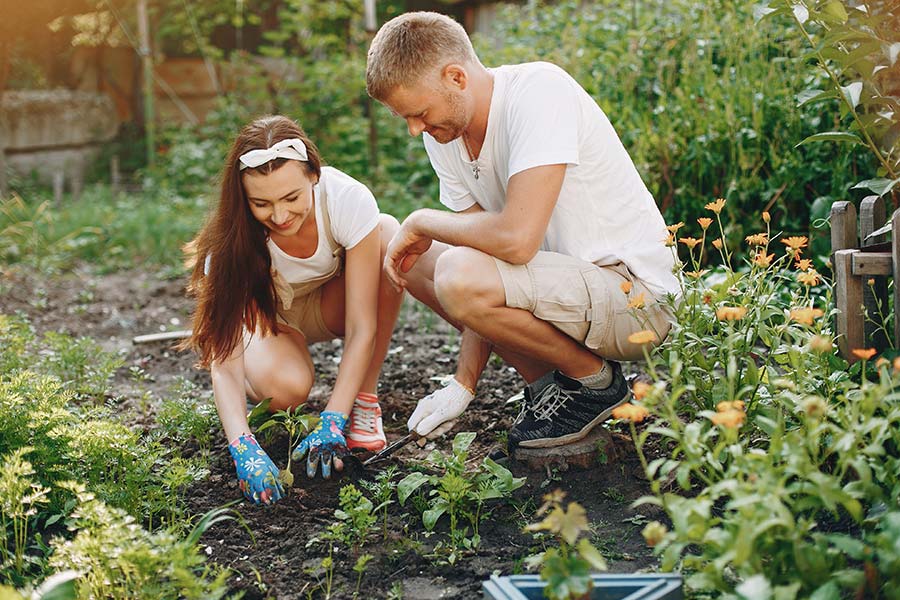
As the seasons change, temperatures fluctuate and kids return to school, it becomes almost inevitable that someone in your house will get sick. Whether it’s the common cold, the flu, or a new variant of COVID-19, it’s crucial to be proactive and prepare your home to minimize the risk of illness and ensure comfort when someone does fall sick.
Clean and Disinfect
Before coming down with whatever is going around, give your home a thorough cleaning. Pay special attention to high-touch surfaces like doorknobs, light switches, remote controls, and countertops. Regularly disinfect these areas to prevent the spread of germs.
Stock Up on Supplies
Make sure you have essential supplies on hand, including over-the-counter medications, tissues, hand sanitizers, and cleaning supplies. A well-stocked medicine cabinet and pantry can save you from last-minute runs to the store when you’re feeling under the weather.
Enhance Air Quality
Invest in an air purifier with HEPA filters to improve indoor air quality. Clean and replace air filters in your HVAC system regularly to reduce allergens and pathogens in the air. Proper ventilation also helps in circulating fresh air throughout your home.
Humidify
Maintaining proper humidity levels in your home can prevent dry and irritated respiratory passages. Use a humidifier to add moisture to the air, especially during the cold, dry months.
Promote Hand Hygiene
Place hand sanitizers and hand-washing stations in key areas around your home, such as near entrances and in the kitchen and bathroom. Encourage regular handwashing, and make it convenient by providing soap and disposable hand towels.
Create a Sick Room
Designate a room in your home as a sick room if possible. Stock it with extra blankets, pillows, and tissues. This room can be isolated from the rest of the household to limit the spread of illness.
Laundry Prep
Ensure that your laundry room is well-equipped to handle the increased demand during sick season. Stock up on laundry detergent and have a dedicated laundry basket for soiled linens and clothing. Use the hottest water temperature recommended for the fabric to kill germs.
Stay Informed
Keep yourself informed about current health advisories and vaccination recommendations. Consider getting flu shots and other recommended vaccines to reduce the risk of infection.
Develop a Sick Plan
Have a plan in place for when someone in your household falls sick. Assign responsibilities for caregiving, and make sure everyone knows where to find necessary supplies and medications.
Food and Hydration
Prepare easy-to-make, nourishing meals and stock your pantry with non-perishable foods. Soups, broths, and canned goods can be lifesavers when cooking energy is low.
Entertainment and Comfort
Gather comfort items like books, movies, and cozy blankets to make sick days more bearable. Creating a comforting environment can promote a quicker recovery.
Encourage Rest
Stress the importance of rest and recuperation when someone is sick. Adequate sleep helps the body fight off infections more effectively.
Maintain a Healthy Lifestyle
Encourage a healthy lifestyle year-round with a balanced diet, regular exercise, and good hygiene practices to boost immunity and reduce the risk of falling ill.
By implementing these steps and maintaining a clean and health-conscious home environment, you can significantly reduce the chances of getting sick and ensure a smoother recovery if illness does strike. Remember, a healthy home is a happy home, and taking proactive measures can help you and your loved ones stay well throughout the year.



